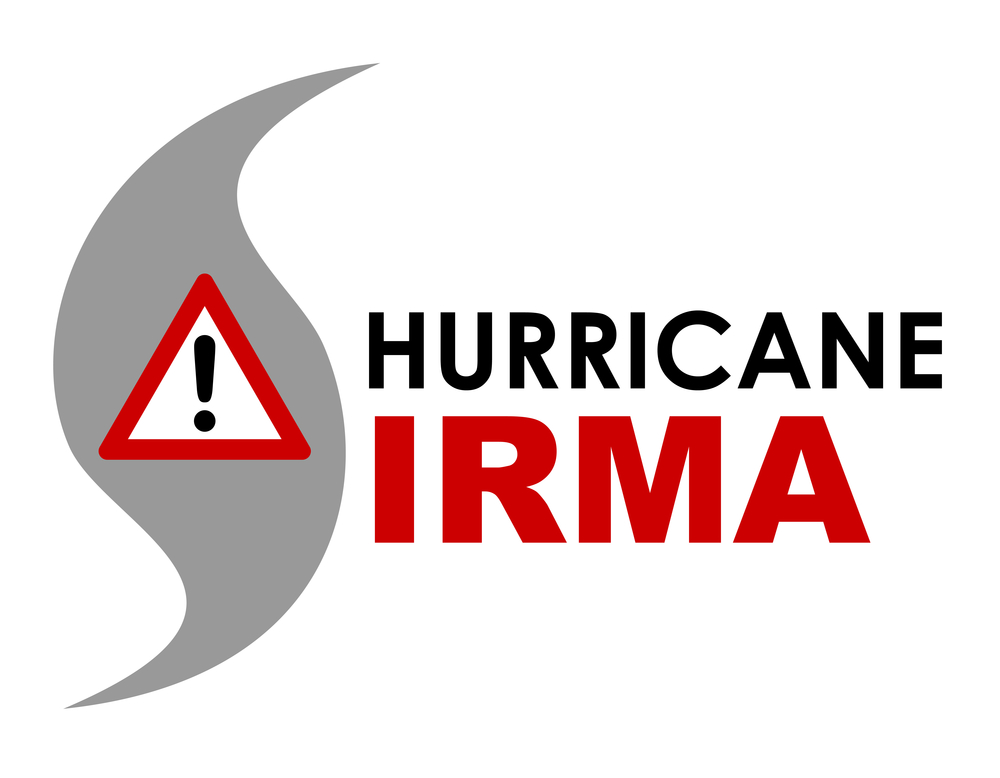 I watched the destruction caused by Hurricane Irma from a distance, but not without pain. My residence was underwater, and neighbors and pets who stayed behind were evacuated by boat, one by one.
I watched the destruction caused by Hurricane Irma from a distance, but not without pain. My residence was underwater, and neighbors and pets who stayed behind were evacuated by boat, one by one.
Obviously, there is much to do, but what is key from the legal side? I can share with you the eight things in my mind this week as I deal with this “inconvenience.”
1. Contact your insurance agents.
Reach out to your homeowners or renters insurance company if your home has been damaged, and your auto insurance if your car was under water.
Even if you were flooded and had no flood insurance, file the claim. Perhaps it was wind blowing the water into the home or some other cause of the casualty that could result in a claim being honored.
2. Verify coverage for damage caused by fallen trees.
Some insurance policies will cover the tree removal and damage to a dwelling, but not damage to personal property, such as a fence or shed.
3. File a claim with FEMA.
Do so whether or not you have insurance. Go to DisasterAssistance.gov or follow one of the other methods for filing at FEMA.gov. You may be eligible for rental assistance if you cannot return home, or other types of aid, including low interest loans through SBA.
4. Take photos of damage.
Make sure to document all damage to both your home and personal belongings. You may need to dispose of items before insurance claims can be processed.
5. Locate your important papers.
Insurance policies, receipts for major purchases, tax returns, wills, trusts, and powers of attorney may all be needed in the immediate future. Find them when you can safely do so.
If they are waterlogged, put them in the freezer to preserve them from mold or mildew until you have time to more carefully dry them out.
6. Have your mail put on hold.
If you’re unable to return home for fifteen days or more, you can arrange to have your mail forwarded to a temporary address. Visit USPS for additional information.
7. Ask for a payment waiver from lenders.
Many lenders are offering payment waivers for people in the disaster areas. If you need time to get on your feet, don’t hesitate to ask.
8. Arm family members with a power of attorney.
If a spouse or family member is helping you with contractors, requests for assistance, etc., make sure they have a valid power of attorney from you to produce if needed.
Also, with everything else going on, it would be easy to ignore the recent news about the Equifax hack. At a minimum, you should visit this website to determine if your information may have been hacked and sign up for the free one-year credit monitoring.
Of course, all of this can be overwhelming, and you may have questions during the process. My office can assist you with reviewing and submitting claims packages and/or reviewing any settlement offers provided by insurance. We can help ensure you receive all benefits to which you are entitled.